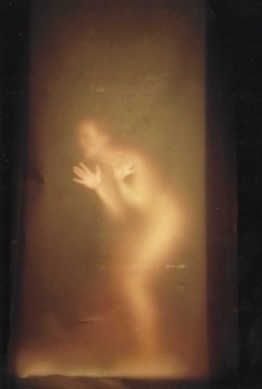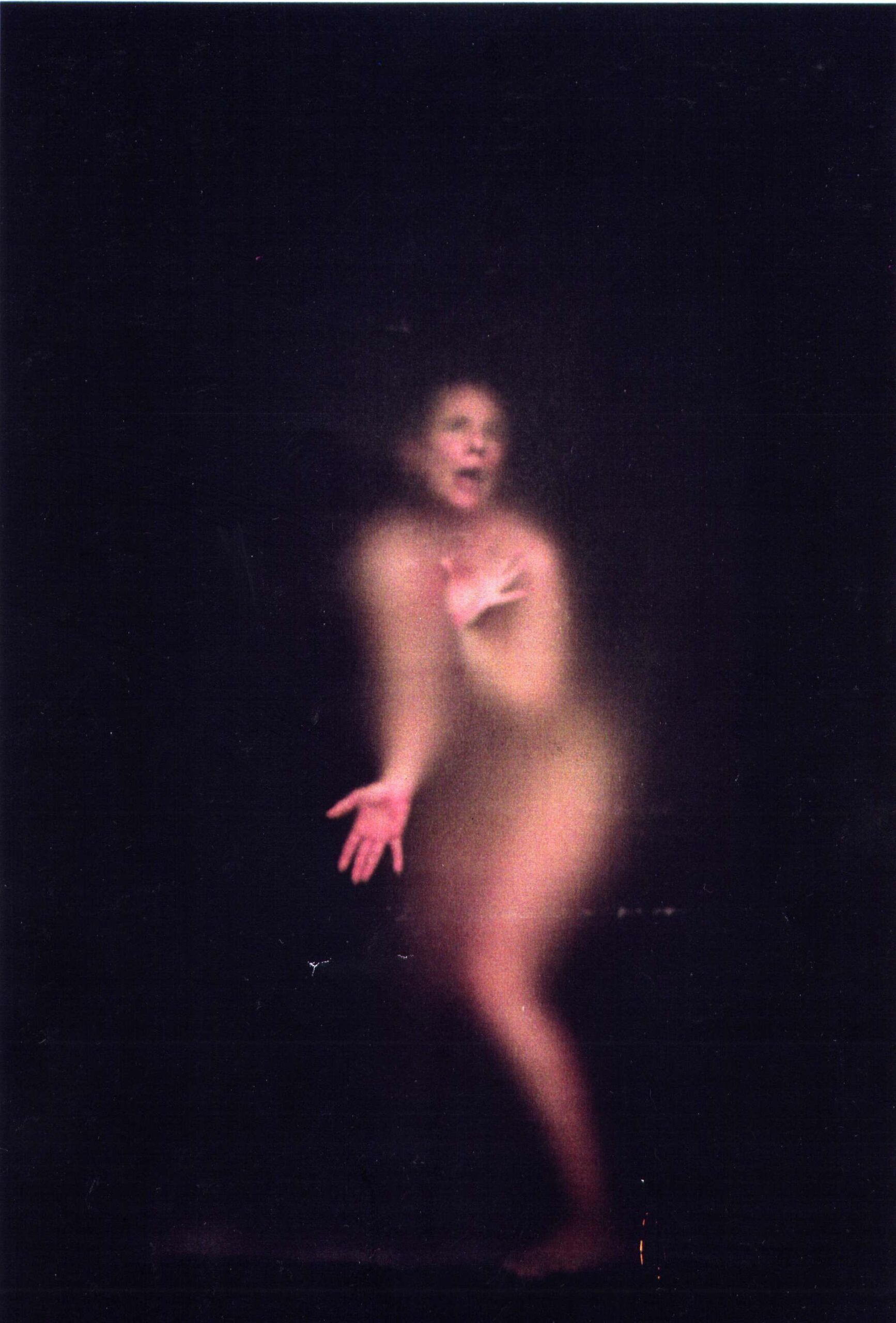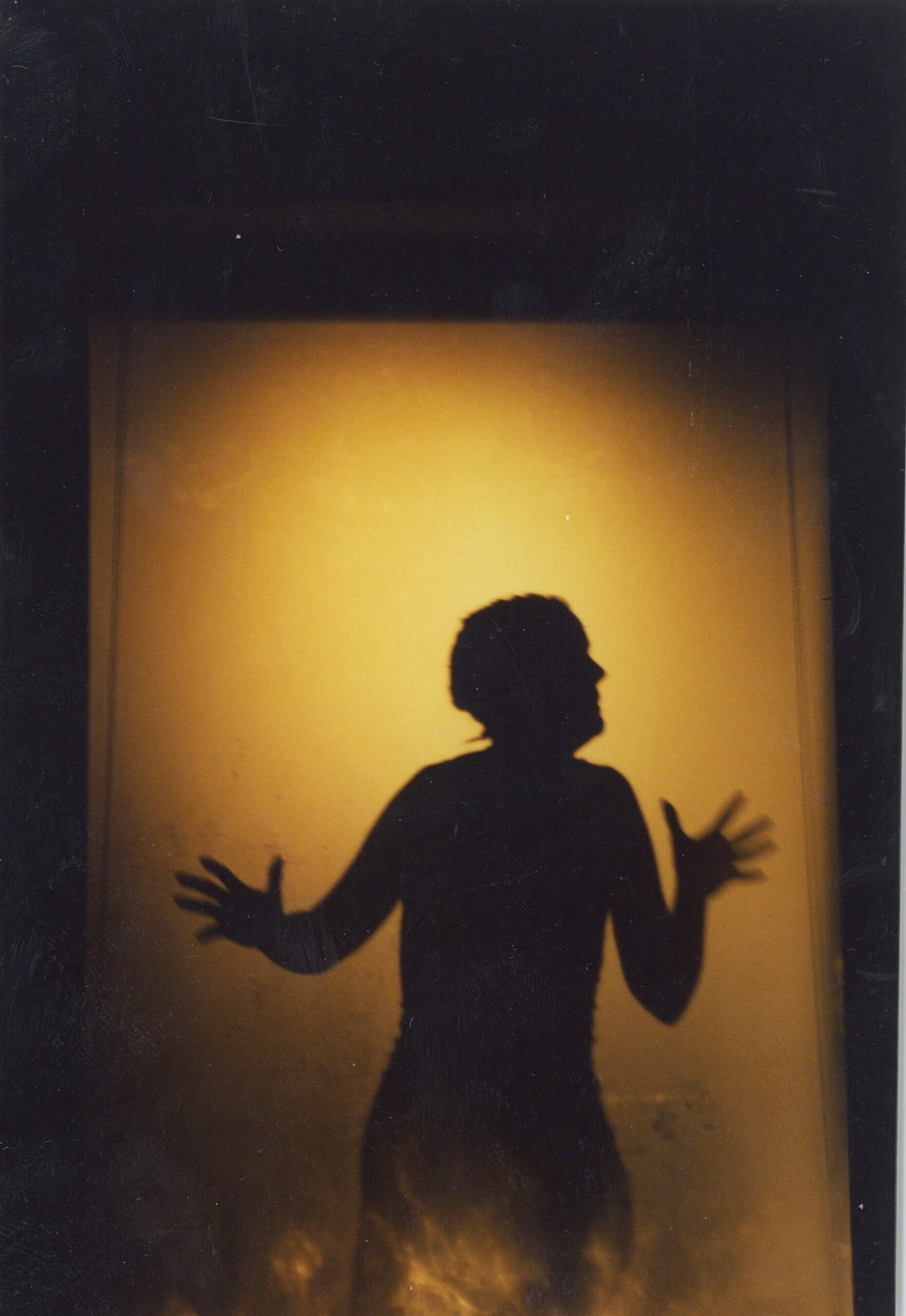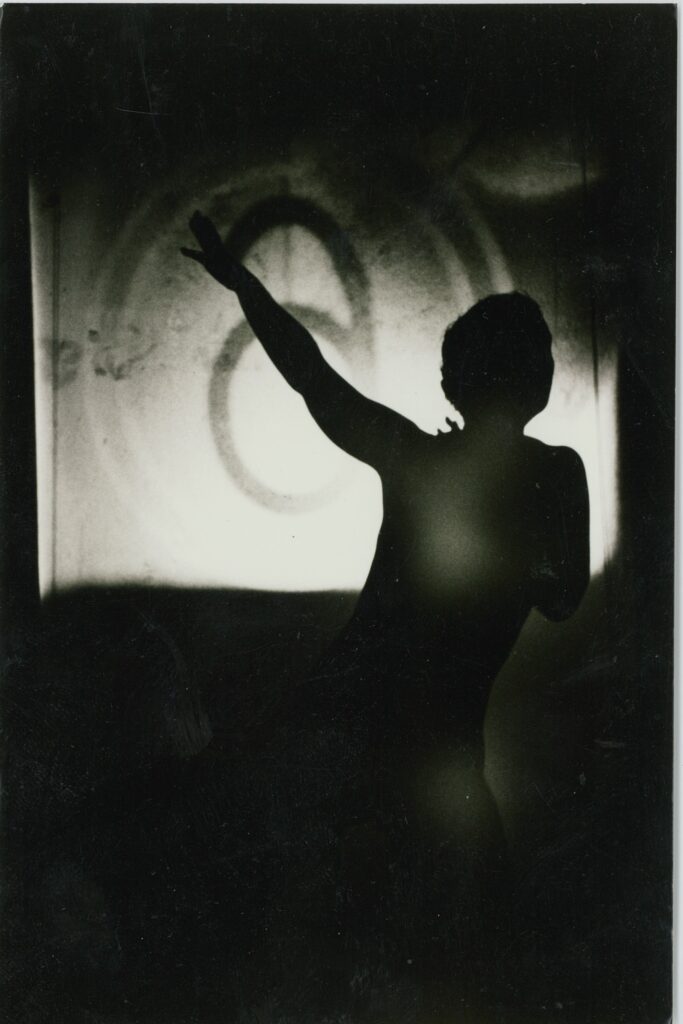With its roots in Artaud’s theory and aesthetics and the ideas of German-Jewish philosopher Erich Gutkind, The Body of Loretta speaks the language of twentieth and twenty-first century theatrical experimentalism in its incarnation as rebellion, resistance, and artistic innovation against “things as they are” in bourgeois Western societies….
Throughout the plays, scenes become living metaphors for exploitative power relations in so-called “market” economies, yet at the same time transform and find in the intensity of critique what is also transcendently liberating and life-affirming in sexuality, in particular, female sexuality.
The transformative power of rage, the revelations of despair, the rising above of victimization through sensual arousal and empowerment of the female body: in the Loretta plays, Slote takes us through the visceral experience of these human possibilities and experiences.
Elizabeth Frank, Sept. 2019 (Pulitzer Prize, Biography)
PH Credits: Bradley Eros (color); Ira Cohen (black and white)







